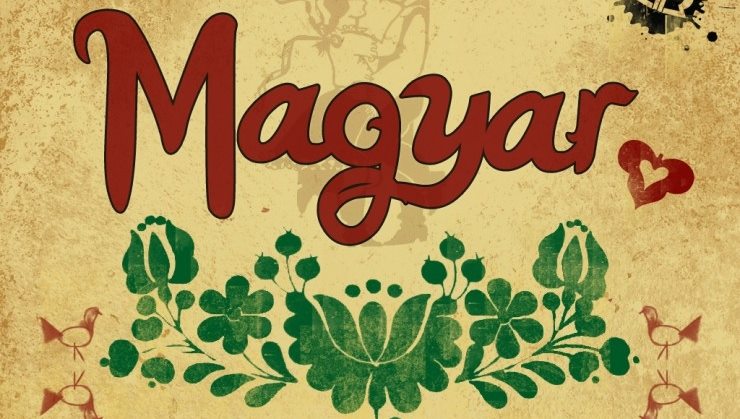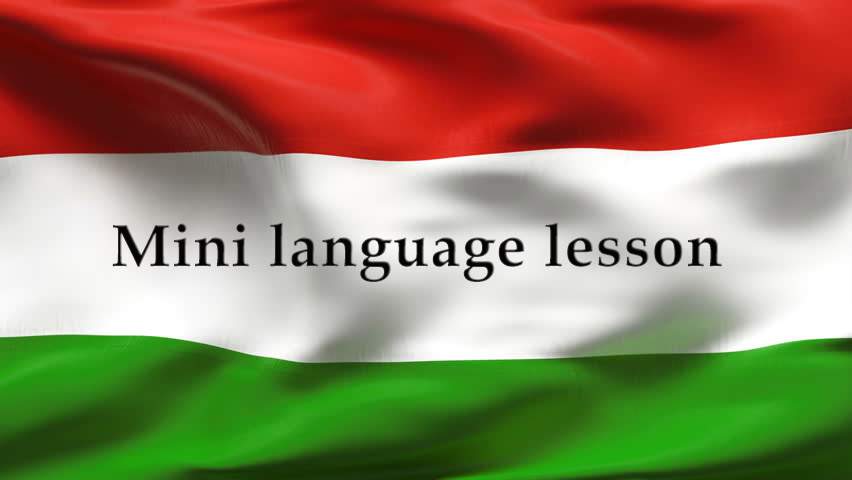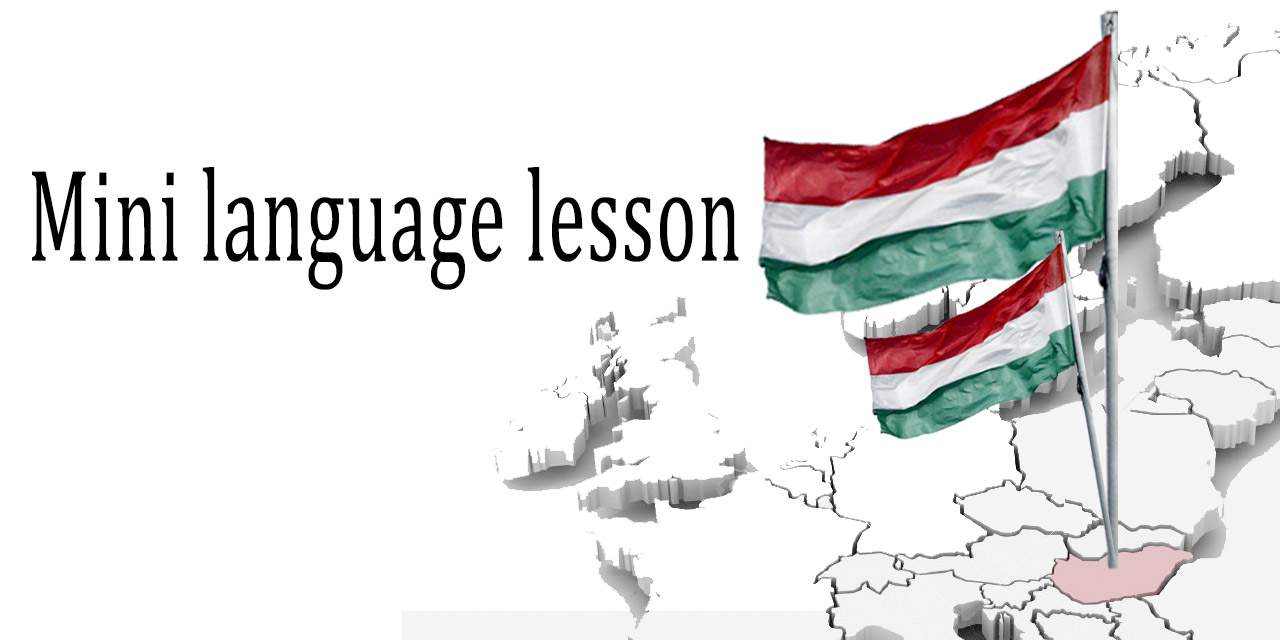Can you ‘hit the nail on the head’ in Hungarian? 13 common Hungarian−English idiom pairs

Idioms, proverbs, and expressions constitute an important part of everyday language use, and they are commonly used by native speakers. According to the Merriam-Webster Dictionary, an idiom is “an expression in the usage of a language that is peculiar to itself either in having a meaning that cannot be derived from the conjoined meanings of its elements”. Many idiomatic expressions were meant literally in their original use, but the literal meaning of the words has changed over time. In other cases, the meaning of the idiomatic expressions has always been figurative.
The Hungarian language is full of creative and funny expressions, proverbs, and idioms. We have already posted some articles to provide an insight into the interesting world of Hungarian proverbs:
Our current aim is to reveal the similarities between some English and Hungarian idioms, or their humorous or even thought-provoking differences.
1. These idioms have the same or very similar lexical/syntactic structure and idiomatic meaning. The literal and idiomatic meanings are parallel in the two languages:
alulról szagolja az ibolyát [ʌlrɔːl sʌgɒljʌ ʌz ɪbɒjɑːt] − to be pushing up the daisies
translation: to smell the violet from below
meaning: to be dead
az első követ veti rá [ʌz ɛlʃɜː kəvɛt vɛtɪ rɑː] – cast the first stone
meaning: to be the first to criticise someone or something
fején találja a szöget [fɛjeːn tʌlɑːljʌ ʌ səgɛt] − hit the nail on the head
meaning: to be correct about something, to find the right answer
megtöri a jeget [mɛgtərɪ ʌ jɛgɛt] – break the ice
meaning: to do or say something that makes people feel more comfortable
valakinek a szeme fénye [vʌlʌkɪnɛk ʌ sɛmɛ feːɲɛ] – the apple of one’s eye
translation: the light of someone’s eyes
meaning: a thing or person that someone really loves
2. Some syntactic or lexical connection can be observed between the idiom pairs:
az élet nem fenékig tejfel [ʌz eːlɛt nɛm fɛneːkɪg tɛjfɛl] − life is not all beer and skittles
translation: life is not full of sour cream
meaning: not every aspect of life is pleasurable
ádámkosztüm [ɑːdɑːmkɒstym] – birthday suit
translation: Adam costume
meaning: nakedness
bolhából elefántot csinál [bɒlhɑːbɔːl ɛlɛfɑːntɒt tʃɪnɑːl] – make a mountain of a molehill
translation: to make make an elephant out of a flea
meaning: to respond disproportionately to something, to make something unimportant seem important
nincs ki mind a négy kereke [nɪntʃ kɪ mɪnd ʌ neːɟ kɛrɛkɛ] − have a screw loose
translation: not all of his or her four wheels are out
meaning: to seem crazy or silly
3. The same idiomatic meaning is expressed with a completely different structure in the two languages:
előre iszik a medve bőrére [ɛlɜːrɛ ɪsɪk ʌ mɛdvɛ bɜːreːrɛ] – count one’s chickens before they hatch
translation: to drink in advance to the bear’s skin
meaning: someone makes plans that depend on something before he or she knows for certain that it will happen
megalszik a tej a szájában [mɛgʌlsɪk ʌ tɛj ʌ sɑːjɑːbʌn] − let the grass grow under one’s feet
translation: the milk becomes curd in his or her mouth
meaning: to do something very slowly
itt van a kutya elásva [ɪt vʌn ʌ kʊtjʌ ɛlɑːʃvʌ] – there’s the rub
translation: the dog is buried here
meaning: that is the biggest problem
feldobja a talpát/bakancsot [fɛldɒbj ʌ tʌlpɑːt/bʌkʌntʃɒt] – kick the bucket
translation: to throw one’s feet/the boots up
meaning: to die
Source: Daily News Hungary







more please. These are great idioms for a hungarian language learner.
my favourites: 1) the fence is not made of sausages 2) the pig slaughter party is not violence